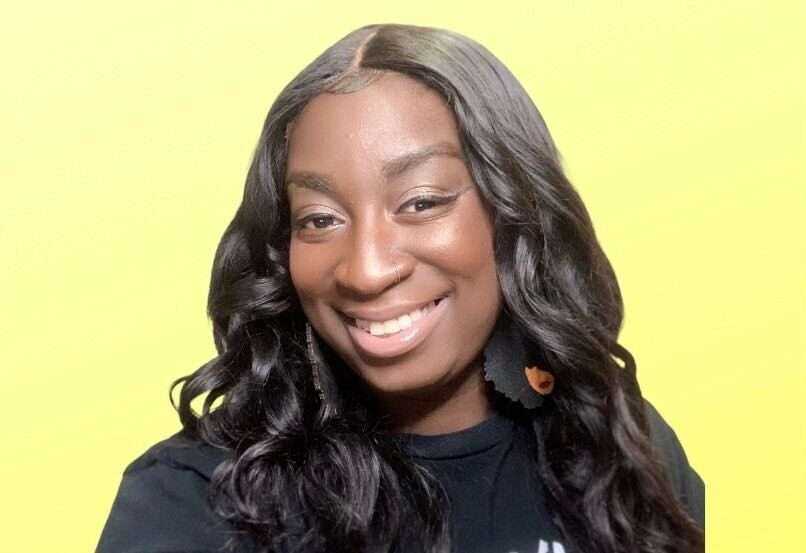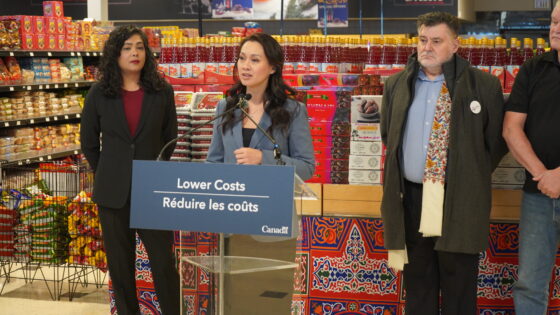on
BY GLORIA O’KOYE
Love!
One of the most cherished and despised feelings that had been ingrained in us since the beginning of humankind. It has often been mistaken for infatuation and other emotions. It is often the cause of a person reaching their breaking point. Books, famous quotes and sayings, TED talks, love gurus, and much more profit so much on giving advice and tips on achieving love and healthy relationships. There are also online tests and readings on compatibility, personality, and love languages to understand how you give and receive love.
When we usually think of love we think of others. We forget that the most important love we need to maintain is the love we have for ourselves.
When you first heard the word ‘self-love’, what are the first thoughts that come to your mind? Does this word hold weight in your daily life, or is just another trend that society is hyping up but not understanding the word in-depth? What are some self-care practices that promote self-love? Is it a night out with your friends? Turning off all your devices and reflecting on nature or in a quiet place indoors? Is it listening to meditations or doing breathing exercises? There is no one way when it comes to showing love to YOU!
However, self-love is usually marketed and/or misunderstood as something that is always positive and joyful. It barely talks about the not so pretty parts such as the hurt and tears of rebuilding a strong and healthy relationship with you. We try to focus on the good parts of the healing journey, but there should be an emphasis that it is not easy. It also needs to dive deep into the ugly and to express thoroughly that to draw out the beauty of self-love, we must come face to face with the truth and what we tend to push under the rug. The journey to self-love can be unpredictable and there may be times you will take one step forward and ten steps back, but the most important thing is that you made progress.
Everyone has their own experiences, interpretations, and perspectives when it comes to self-love, and I also want to let everyone know about a powerful individual that has been doing great and necessary work within our communities. I want to give thanks to this beautiful soul as they share more about their story and what they are currently doing to promote self-love. Through the storms and tribulations, they were and still are continuing to outshine any obstacles to shed more light into this world.
“My name is Kaysia Baker and I am a twenty-seven-year-old mother to a beautiful one-year-old. I was born and raised in Toronto. Both of my parents emigrated from Jamaica in the early 1980s.
As a child of immigrant parents in Canada, I was well aware of the hustle it took to become someone in this world. My mom provided my sister and me with the best she could as a single parent, I would go on to say she succeeded. When I was younger, my mother would strive to make sure we were involved in many extracurricular activities from girl guides to swimming lessons. Our summers were eventful and holidays were always memorable. My mother always encouraged us to try new things and to explore the world around us.
Education in our home was always pushed as a marker for success. With that being instilled in me as a young child I would always push hard to become successful. I did meet many challenges with that in high school, but I eventually got my act together in college. I graduated from Humber College in 2016 from the Early Childhood Educator Program. Working with children has always reminded me to never lose sight of the child in myself and to always remain joyful.
I started DearSelfLove in January of 2019. The page was created to simply keep me inspired while I inspire others on my journey! When I first began the page I was at a point in my life where I desperately just wanted to heal from a lot of painful experiences.
Before DearSelfLove I was always in and out of a healing journey. I was reading the right books, gaining the right knowledge, surrounding myself with somewhat of the right people. I was frustrated and impatient at the fact my healing wasn’t happening fast enough. At the time I was going to continue to live my life the way I was until a special person in my life named Nathan Baya, offered me the idea to run a page and provide positive and inspirational content.
At first, I was hesitant and afraid, then the idea grew on me and I took a chance. I am so glad I said yes that day! This page has allowed me to express and heal in a multitude of ways. If I knew the power of loving others amid my brokenness would heal me, I would have said yes years ago.
In the year and a half that I have been running this page, the one challenge that I have faced was during pregnancy. During my pregnancy, and a bit of a time after, I took a hiatus from the page itself. I was having a hard time connecting to myself which spilled over into connecting with others. I am a woman of integrity and truth. With that I felt as though it wasn’t right for me to share positivity with others from a place I didn’t truly feel myself. I gave myself time and when the time was right I came back to what I knew I had the capacity of doing.
I knew that meant making new choices that reflected my personal growth. Now I am taking DearSelfLove day-by-day and speaking things only of my heart to share with others. I want to remind others the journey is never linear and it is never perfect but it is always for you!
Self-love to me means knowing you have good, amazing, bad, and crappy stuff about you but you CHOOSE to love all of that about you regardless. It means knowing your worth and walking in that!”
I want to thank Kaysia for pushing this wonderful initiative and continuing to thrive in all she does. Please continue to support her and the DearSelfLove page by following DearSelfLove Instagram, participating in upcoming events, comment and share among your networks!
Stay in the loop with exclusive news, stories, and insights—delivered straight to your inbox. No fluff, just real content that matters. Sign up today!
Union Station history: Let’s share the story













